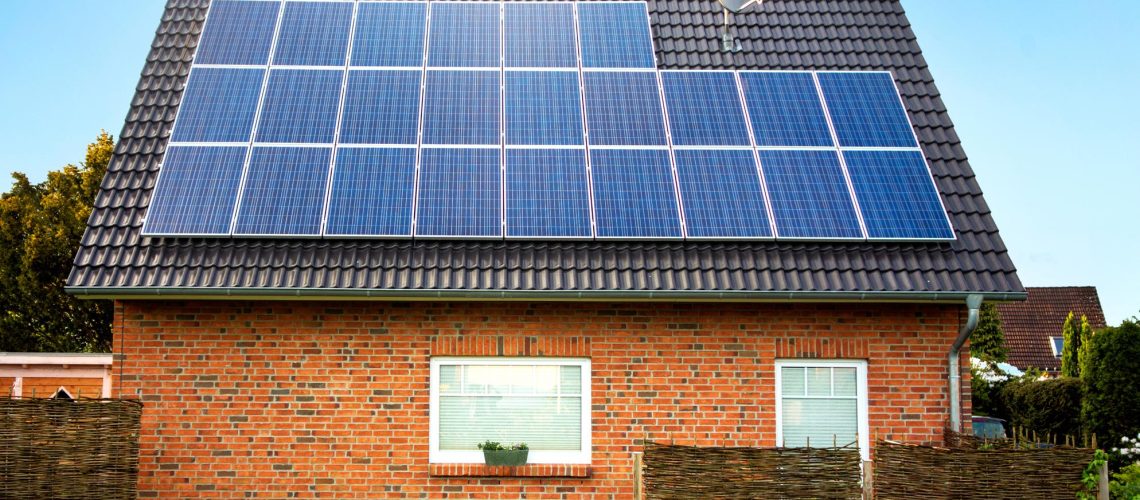A high-stakes battle is under way over the future of rooftop solar energy in California. On one side: Current and future rooftop solar consumers in the nation’s leading solar state. On the other, the state’s big three investor-owned utilities — PG&E, Southern California Edison and San Diego Gas & Electric.
The utilities have petitioned the state Public Utilities Commission to slash by more than half the credit they must pay customers for excess energy generated by rooftop solar panels. They also want to charge new rooftop solar customers nearly $70 a month just to hook up to the grid.
The PUC will hold hearings on this petition beginning July 26. The final decision, due by the end of the year, could cost solar ratepayers millions, essentially destroying the rooftop solar market in California.
Instead of considering penalties for rooftop solar customers, PUC commissioners should be asking why we still need a regressive utility model.
Utilities claim that by using less electricity from the grid, rooftop solar customers aren’t paying their share of the costs of running and maintaining the system — that they’re getting a de facto subsidy from households who can’t afford solar panels. Cynically, the utilities are framing this as an issue of fairness and equity. But it’s not hard to see their real motive.
Rooftop solar means less profit for the utilities and their investors. Locally generated energy “microgrids,” using rooftop solar panels or community solar arrays, also erode the utilities’ case for building big, polluting central power plants, transmission lines and other infrastructure. Microgrids also are less likely to ignite catastrophic wildfires, like the deadly 2018 Camp Fire, which was sparked by poorly maintained PG&E transmission lines.
The state grants utilities a monopoly to sell electricity in their exclusive territories and also guarantees a profit on investments in infrastructure, recovered through higher electricity rates. A PUC study found that most of the big three utilities’ infrastructure spending is “self-approved,” without regulatory review. Infrastructure spending is the main driver of Californians’ soaring electricity bills, which are some of the highest rates in the nation. PG&E just announced an 18% rate hike for 2023.
Meanwhile, the cost of rooftop solar is down by a third in the past five years and still falling. This locally generated and distributed electricity is giving consumers more independence from power monopolies. That’s what the utilities are really worried about.
It makes no sense to penalize the 1.3 million California solar households that are clean-energy pioneers and those eager to join them. If the utilities and the PUC are truly concerned about fairness and equity, they should focus on innovative policies to spread the benefits of rooftop solar to more families and businesses, especially low-income families struggling to pay bills.
The monopoly model gives utilities a captive customer base and a guaranteed profit on infrastructure. It’s a relic of the early 20th century, when the state wanted to give power companies incentives to rapidly extend service to everyone. We need a system that serves the modern public good.
The PUC should reject the petition and get to work fundamentally reinventing how investor-owned utilities are structured, with the goal of making rooftop solar the main source of electricity statewide and greatly expanding access to solar for lower-income communities and communities of color.
Ken Cook is president of Environmental Working Group, a party to the PUC’s proceeding on the utilities’ petition.



